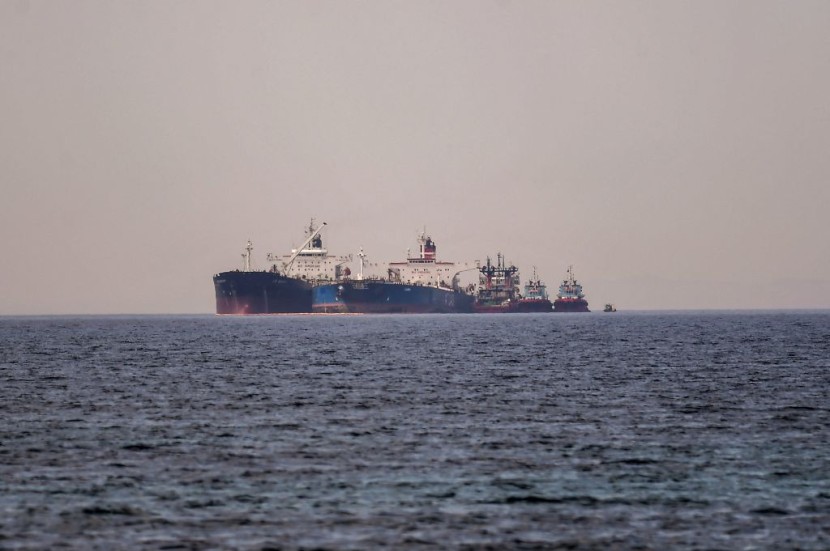
Moscow is expanding to Asian trade for a key oil product as western sanctions attempt to restrain the Russian economy.
Bloomberg mentioned that this oil-based product increased last Wednesday, remarked energy consultancy FGE.
Russian Sanctions Ineffective
When the EU's punitive measures go into effect through February of next year, more Russian-made naphtha fuel, which is primarily used to make plastics, will probably head to centers like Singapore and Fujairah, based on the consultancy's global chief of natural gas liquids, Armaan Ashraf, reported RT.
He made clear that because certain buyers might well be reluctant to source straightforwardly from Russia, re-exports from such areas can become prevalent.
Russian naphtha export markets to Asia increased by 84% in August to achieve approximately 130,000 barrels per day, according to preliminary results from analytics provider Vortexa, particularly in July.
The key oil product may have already been incorporated into the country's Urals crude and dispatched to India earlier this year, Ashraf added.
Additionally, it was stated that blending heavy full-range naphtha or heavy naphtha in small amounts could yield more benefits than simply selling the naphtha cargo.
When the EU's most current crackdown goes into effect, Citigroup anticipates that Russian flows of crude oil and oil products could be reduced by around 1.25 million barrels per day.
Beginning in December, the bloc will foist an embargo on the vast bulk of Russian crude exports. Approximately two months later, a similar move will be made against oil products, which include naphtha, to hobble Moscow.
Russia's Move to the East Gains Headway
Trading between the ruble and renminbi has increased due to Western sanctions, citing CSM Times.
After a lull, it wants to restart local bond sales, following a Wednesday Bloomberg report on the trading between the ruble and renminbi.
Depending on the report, OFZs, also known as ruble bonds, could start appearing on the market in the second half of September. It was asserted that Yuan bonds won't be introduced to the Russian market until the next year.
According to a source who spoke with the outlet, an initially assumed plan to incorporate Chinese currency notes locally is being given additional immediacy as yuan trading volumes skyrocket just after sanctions precluded Russia from entering its traditional markets in the US and Europe.
Since the beginning of the year, trading volumes between the two currencies have multiplied by 40. Regarding one source, there is no reason to borrow money because the government receives daily payments from the sale of energy. Yuan debt sales will only serve as a standard for businesses wishing to enter the market.
Rusal International, the world's largest aluminum producer, and Polyus, Russia's largest gold miner, have already begun conducting business in yuan.
The yuan and ruble tandem outperformed the dollar-ruble in the first instance, remarked the Moscow Exchange information last Thursday, mentioning News Plus Life.
Russian investors are showing a growing interest in the yuan and other Asian currencies due to the unparalleled sanctions in place by Western countries in response to Moscow's military campaign in Ukraine.
Moscow and its pivot to Asian trade for its key oil product to produce naphtha for plastic have increased, but sanctions will affect it soon. Although moves to earn from yuan trade are helping Russia cope with punitive measures better.
© 2026 HNGN, All rights reserved. Do not reproduce without permission.








